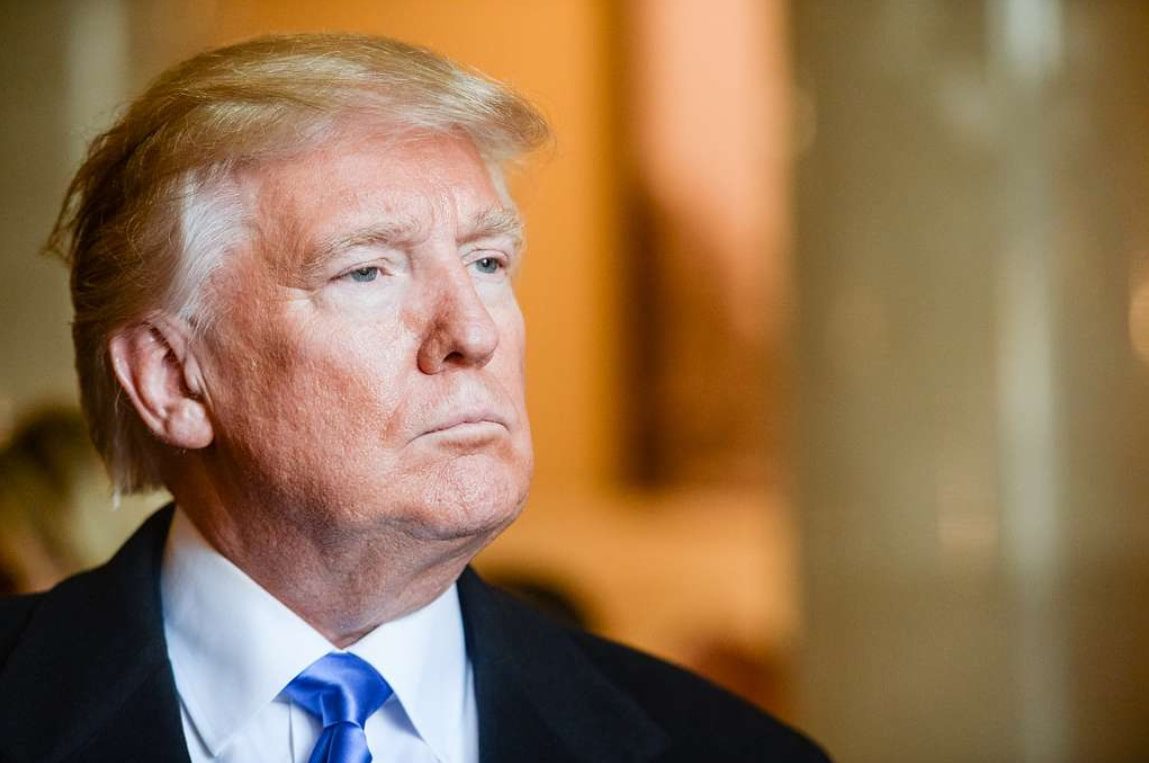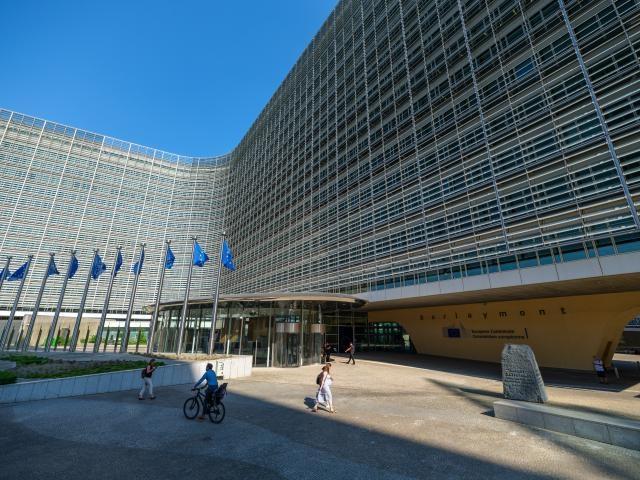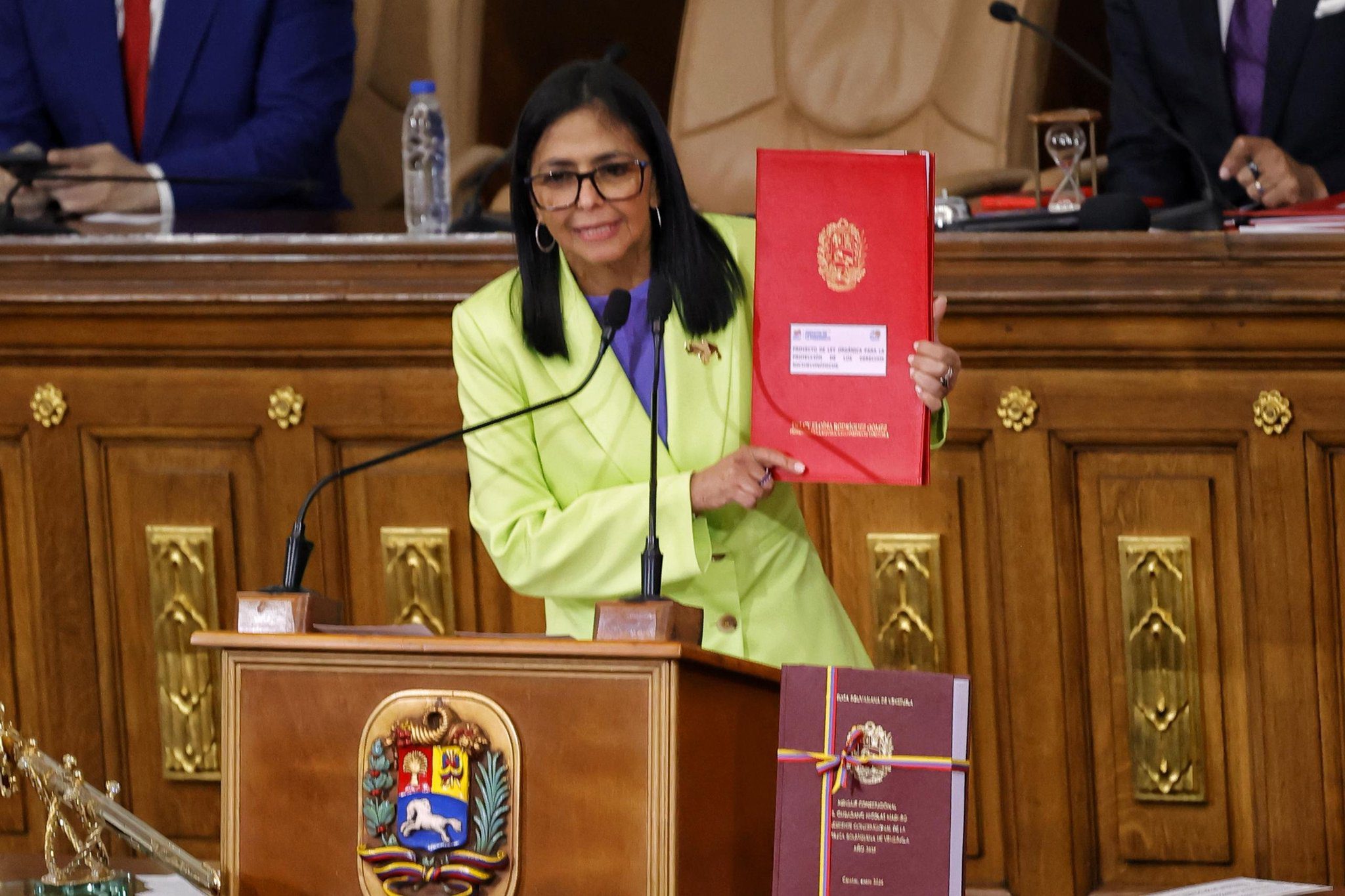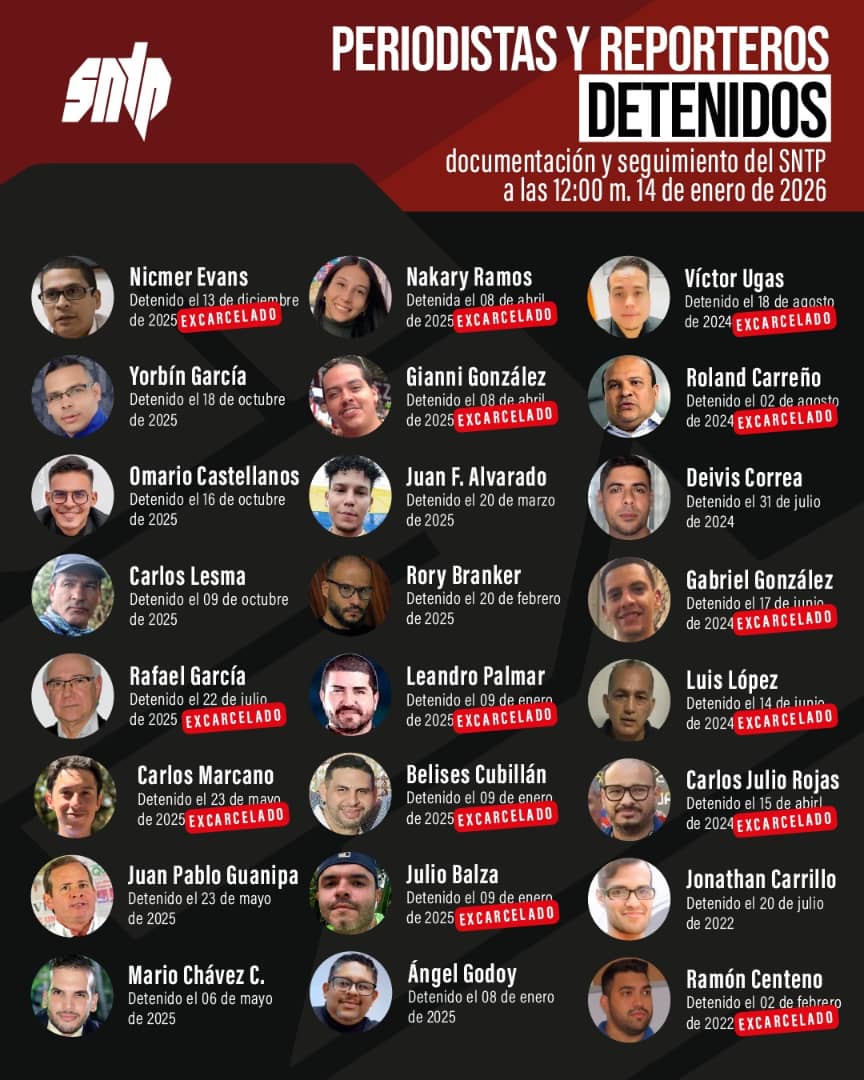The interests align with the “America First” policy that has defined President Trump since his first term. Photograph: U.S. Army / Alicia Brand
Guacamaya, September 24, 2025. The Administration of Donald Trump is seeking to redirect $1.8 billion in foreign aid funds toward initiatives aligned with the “America First” policy. According to a document submitted to Congress, a key priority is to “confront the Marxist and anti-American regimes of Venezuela, Cuba, and Nicaragua.”
The notification, accessed by Reuters, outlines plans to use the resources to strengthen U.S. national security, prosperity, and global leadership. “National security interests require the United States to use these foreign assistance funds to address new challenges in ways that make the country safer, stronger, or more prosperous,” it states.
Previously, foreign aid financing was allocated to humanitarian assistance programs in crisis-affected countries. However, with the start of Trump’s second term, the shift in U.S. foreign policy has raised concerns about the impact on humanitarian aid in those regions.
Among the new U.S. interests are strategic investments in Greenland—a territory rich in natural resources that Trump has expressed interest in controlling—as well as actions aimed at countering regimes deemed “Marxist and anti-American” in Latin America. The intention to redirect program funds had previously been reported by The Washington Post.
Of the $1.8 billion, $400 million would be directed toward projects in Europe, including economic development and conservation efforts in Greenland, as well as energy and critical mineral programs in Ukraine. Another $400 million would be reserved for combating illegal immigration and Chinese influence in the mining and technology sectors in Latin America.
This shift moves away from the long-standing assumption that food, medical, and economic aid was a central pillar of the United States’ global “soft power.” From now on, the goal is to reinforce U.S. leadership through a more protectionist and strategic lens—though this also raises questions about Congress’s role in budget authorization.







